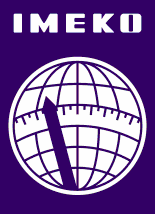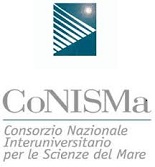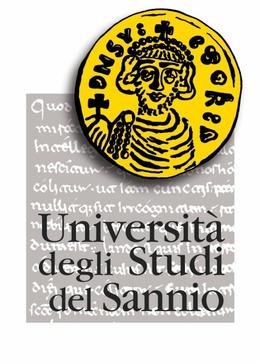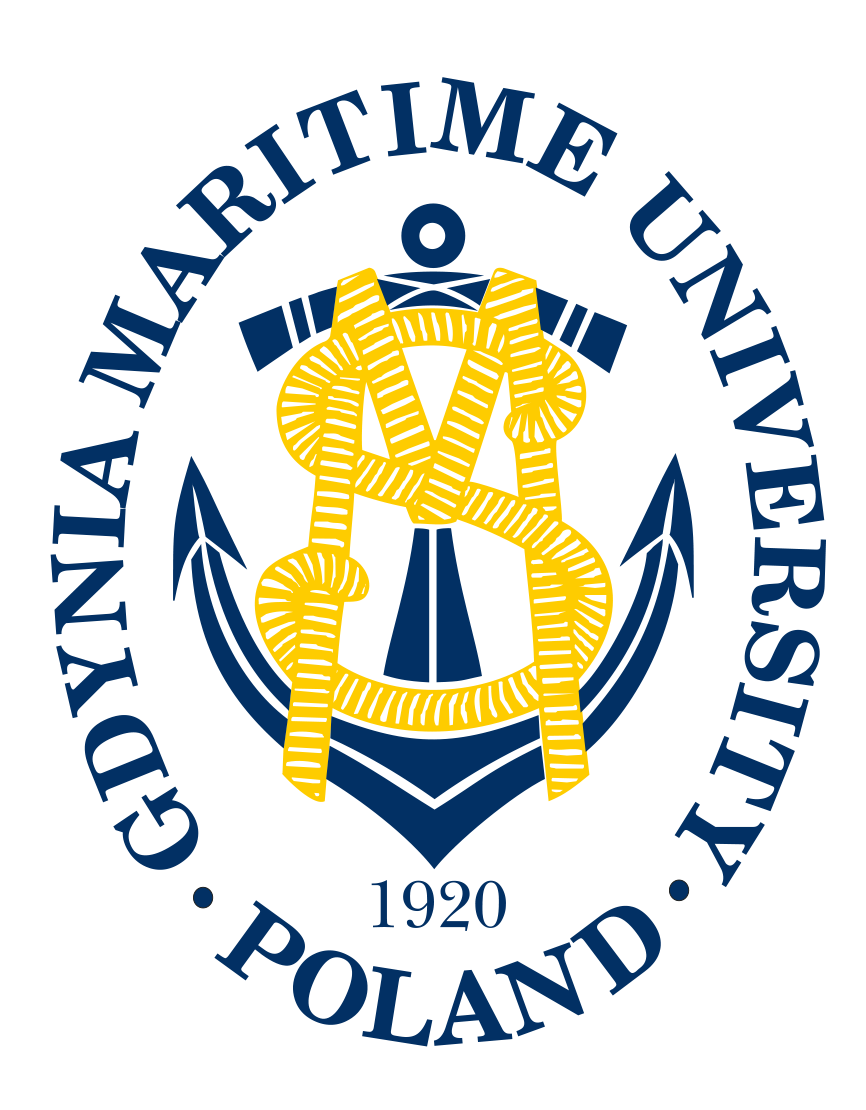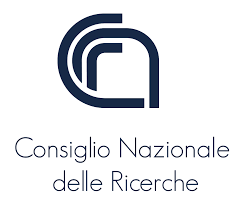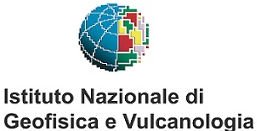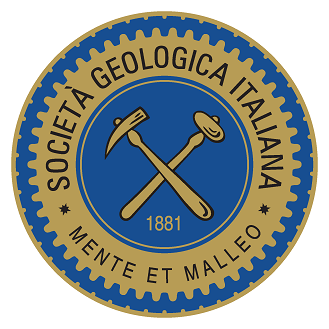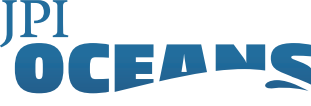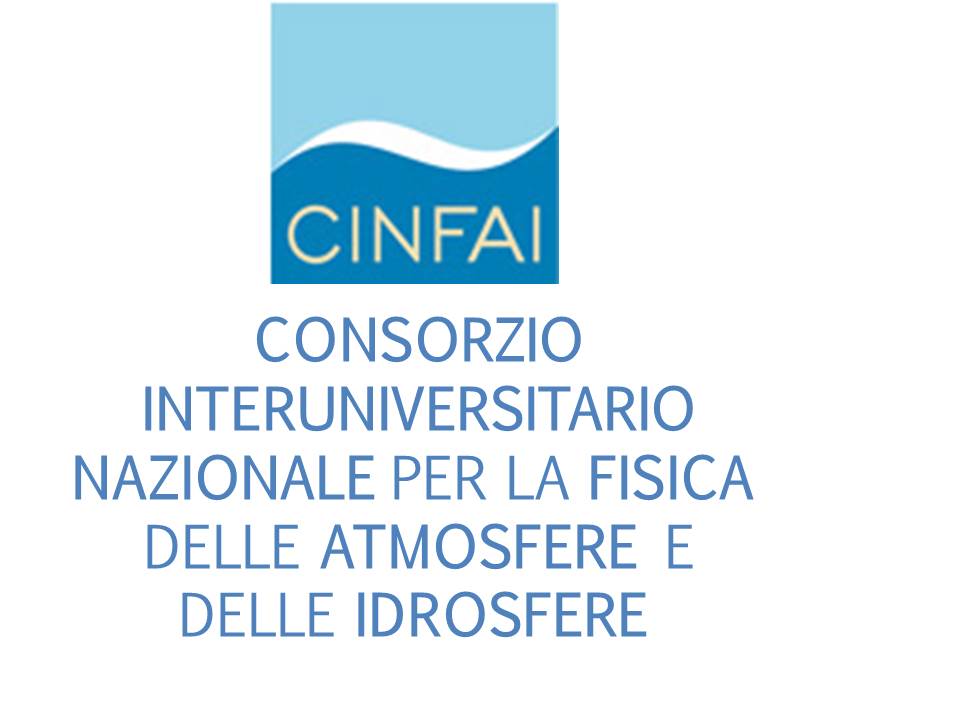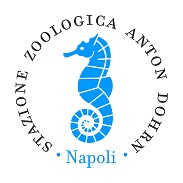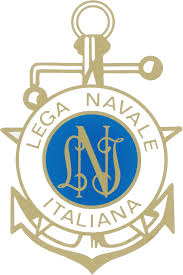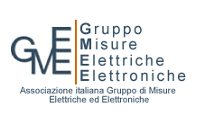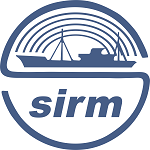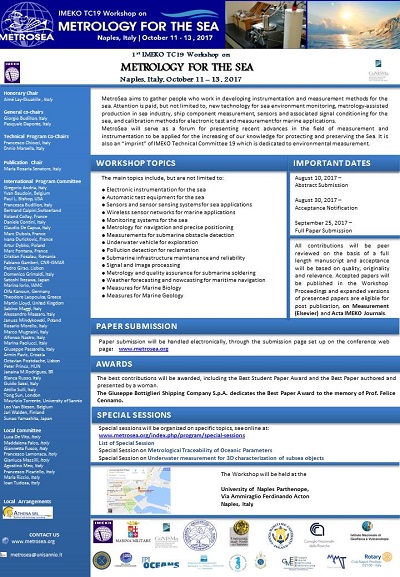SPECIAL SESSION
Metrological Traceability of Oceanic Parameters
 with the endorsment of IMEKO TC12 - Temperature and Thermal Measurements and TC8 - Traceability in Metrology
with the endorsment of IMEKO TC12 - Temperature and Thermal Measurements and TC8 - Traceability in Metrology
CHAIRS

Dr. Michela Sega, Istituto Nazionale di Ricerca Metrologica (INRiM), Italy
-
Dr. Michela Sega is a chemist and holds a PhD in “Chemical Sciences”, from the University of Torino, Italy. She is a permanent researcher at the Italian Metrology Institute “Istituto Nazionale di Ricerca Metrologica – INRiM” within the Quality of Life Division. She leads the laboratory of “Primary gravimetric gas mixtures and organic analysis”.
Since 2015 she has been chairing the Technical Committee TC8 “Traceability in Metrology” of the International Measurement Confederation (IMEKO) and she is vice-chair of CITAC (Cooperation on International Traceability in Analytical Chemistry). She was the chairperson of the EURAMET Technical Committee on Metrology in Chemistry from 2011 to 2015. She had a research secondment on gas analysis at the Chemistry Department of the Bureau International des Poids et Mesures (BIPM) in 2005.
Her main research activities are related to metrology in chemistry, mainly focused on gas analysis and organic analysis.
She is member of Eurachem (A Focus for Analytical Chemistry in Europe) and represents Italy in the EURAMET Technical Committee on Metrology in Chemistry.
She is a technical assessor for the Italian Accreditation Service in the amount of substance field.
She is co-author of about 25 publications on international and national journals.

ABSTRACT
The characterization of the status of the oceans has a particular significance from the environmental point of view, particularly in relation to climate change. Many physical and chemical parameters (Essential Climate Variables) are monitored worldwide and their long term determination is of outmost importance to support climate change modeling. The reliability of such measurement results is an essential feature to discriminate between natural variations or systematic trends. In this framework, there is a growing need to build a strong metrological infrastructure for marine measurements to support the marine observing and data management worlds. The strengthening of the cooperation among different communities (metrological, oceanographic, instrument producers) is the key starting point.

